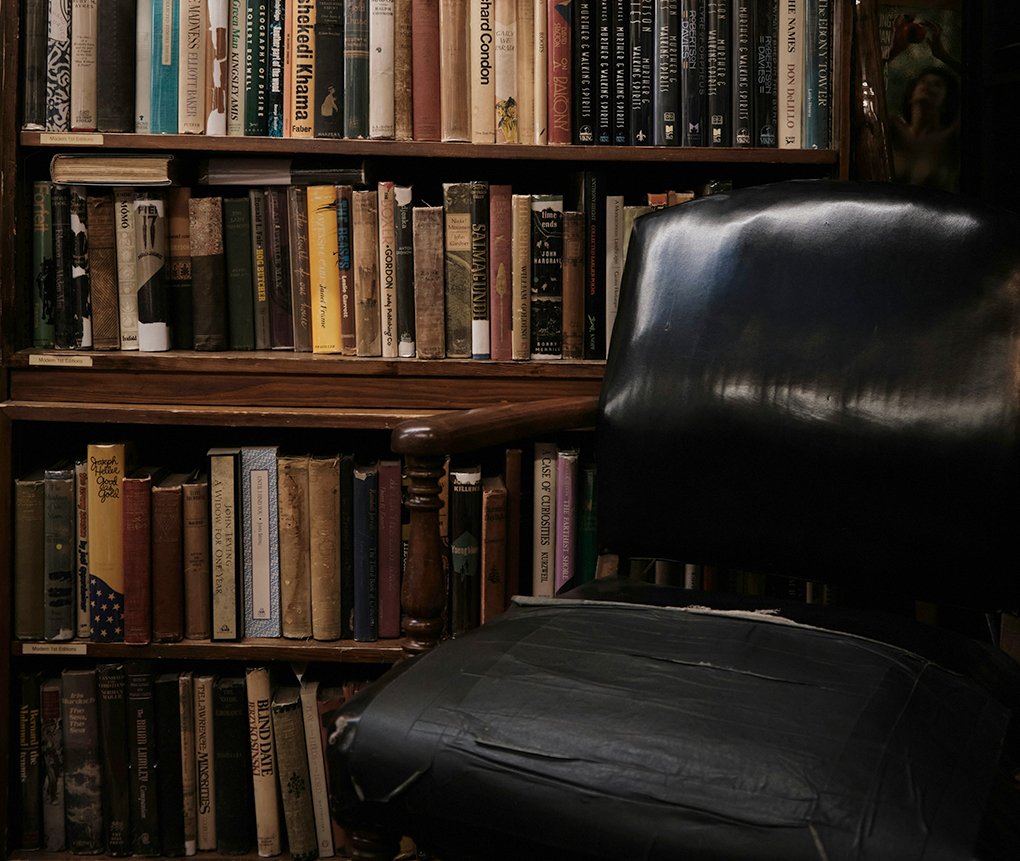There really cannot be a “definitive list of best narrative nonfiction” but if I could suggest five great books for aspiring writers and incoming students, these would be my choices based on storytelling, depth, and perspective:
1. Dead Wake by Erik Larson masterfully combines meticulous historical research with vivid, novelistic storytelling to recount the tragic sinking of the RMS Lusitania during World War I. Larson brings history to life by delving into the personal stories of passengers and crew, as well as the political and military tensions of the time, creating an immersive, suspenseful narrative. This blend of detailed research and compelling narrative makes Dead Wake a standout work in creative nonfiction, appealing to both history enthusiasts and general readers alike.
2. H is for Hawk by Helen Macdonald is a remarkable work of creative nonfiction that blends memoir, nature writing, and emotional introspection. Through her journey of training a goshawk while mourning her father, Macdonald explores themes of grief, identity, and the complex bond between humans and nature. Her poetic prose and vivid storytelling make the book a deeply moving and thought-provoking meditation on loss and resilience.
3. The Immortal Life of Henrietta Lacks by Rebecca Skloot is a masterful blend of investigative journalism, science, and personal narrative that brings the hidden story of Henrietta Lacks—and her immortal cells—to light. Skloot is a vivid storyteller who explores scientific ethics. She humanises scientific advancement by connecting it to the real-life impact on Henrietta’s family, highlighting issues of consent, race, and medical ethics. This book is a great work of creative nonfiction because it informs and challenges readers while weaving a compelling, compassionate story that resonates on both personal and societal levels.
4. I Know Why the Caged Bird Sings by Maya Angelou is a seminal work of creative nonfiction that vividly chronicles the author’s early life, blending poetic language with powerful storytelling. Through her experiences of resilience, trauma, and self-discovery, Angelou captures the complexity of identity, race, and empowerment in a deeply personal yet universally resonant way. The memoir’s lyrical prose and emotional honesty make it a stunning exploration of the strength of the human spirit.
5. Silent Spring by Rachel Carson is a ground-breaking work of creative nonfiction that powerfully combines scientific research with lyrical prose to expose the environmental dangers of pesticide use. Carson’s vivid storytelling and accessible explanations revolutionised public awareness of ecological issues, sparking the modern environmental movement. Her ability to weave scientific facts into a compelling narrative makes Silent Spring a timeless and influential piece in both literature and environmental advocacy.
Each of these books exemplifies the strength of creative nonfiction to illuminate human experience, combining compelling narratives with broader themes that resonate across genres. I have taught techniques in creative nonfiction from many of them. (See my full range of courses here.) I would recommend reading with a pencil, and engaging in conversations with the author on dialogue, narrative presence, narrative arc, setting, language, voice, characterisation, and dilation (making the personal universal).
This is a condensed list, but there are others to tuck into as well – The Guardian’s top 100 nonfiction books.
Happy Reading!
